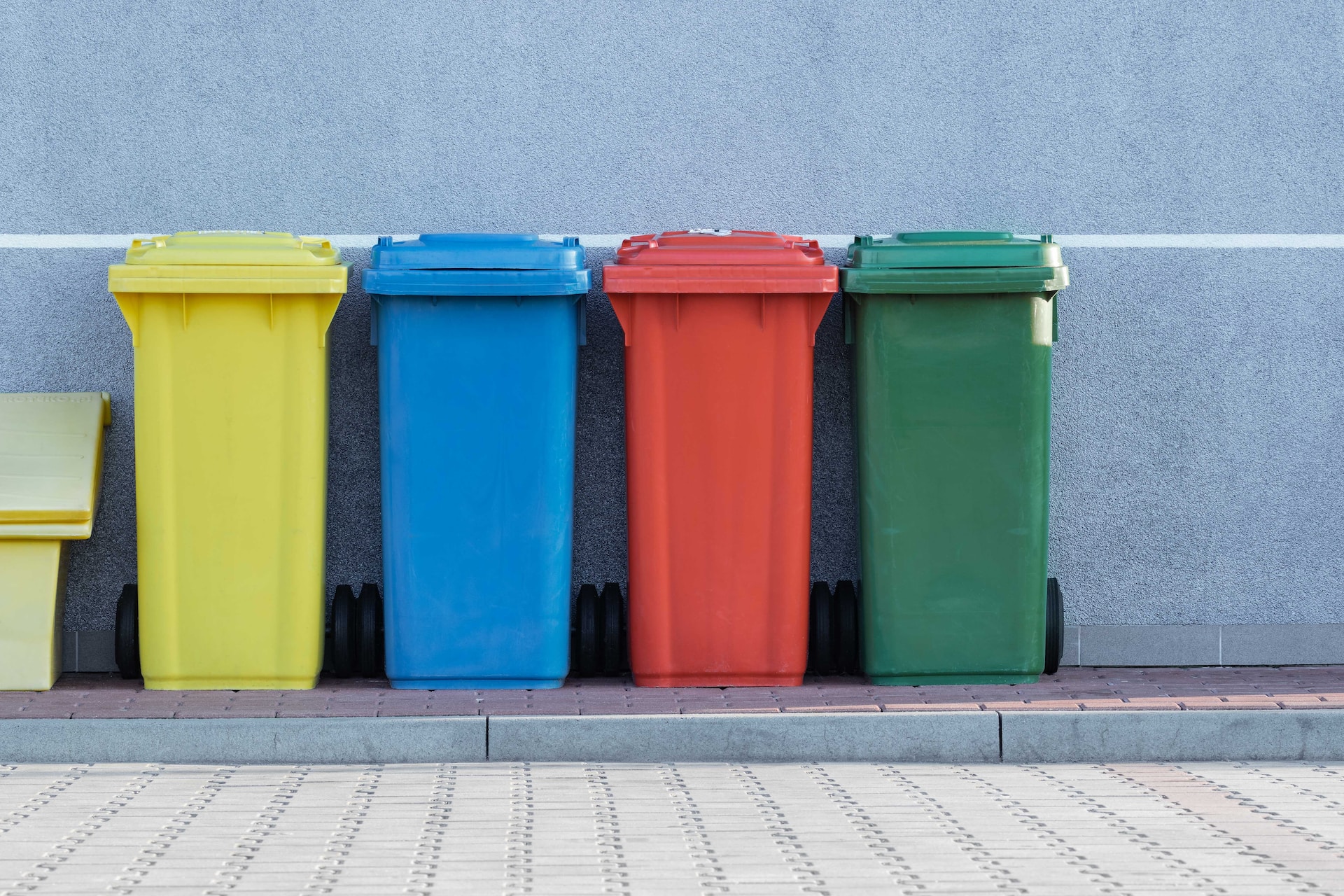“The Earth does not belong to us: we belong to the Earth.”
~Marlee Matlin
In a world where sustainability is not just a choice but a necessity, our daily practice of managing waste needs a tech-tinted overhaul. When Isaac Asimov penned down his visions of robotics and artificial intelligence, little did he foresee a future where AI doesn’t just aid mankind but becomes a crucial player in preserving the earth. The intersection of artificial intelligence (AI) and waste management announces a promising future, where precision, efficiency, and responsibility join hands in segregating waste.
Automating Responsibility: AI in Waste Management
Imagine the sheer volume of waste generated globally every day. Now, envision a future where waste segregation isn’t a manual, error-prone task but a swift, accurate process steered by AI. Automated waste segregation systems leverage AI to categorise and manage waste efficiently, reducing contamination and ensuring that materials are disposed of or recycled correctly.
Working Mechanism: How AI Directs the Symphony of Segregation
“Waste is not waste until it is wasted”—yet another adage that gains a fresh technological perspective. Diving deep into AI-driven waste management, the method is nothing short of modern-day alchemy:
- Sensing and Perceiving
Imagine a world where every scrap of waste, every discarded item, is seen not as debris but as a resource waiting to be utilised aptly. Through sophisticated sensors and cameras, the AI captures images and details of the waste material and perceives waste in a light unobservable to the human eye.
- Learning and Categorising
In the vast sea of waste, AI sails with a compass of learned experiences, accurately distinguishing varied materials — a capability perfected through the meticulous training of its neural networks with numerous images and data. Every piece of trash, from the disregarded plastic bottle that once held your refreshing drink to the casually tossed aluminium can, is seen, studied, and remembered which is later distinguished into distinct classes like organic, recyclable, or non-recyclable.
- Physical Segregation
Here, AI does not merely direct, but actively participates in the segregation process. The robotic arms, under the watchful, intelligent supervision of AI, ensure that every item is whisked away, not just to a bin, but towards a future where it is granted a new purpose, ensuring that nothing that passes through this system is wasted in vain.
Applications: From Urban Settlements to Industrial Hubs
AI in waste segregation isn’t limited to a singular sphere. It spans across various sectors, ensuring cleaner practises in urban areas, industrial settings, and even in specialised environments like healthcare.
- Urban Echoes
Imagine streets where every discarded item finds its rightful place, not in overflowing landfills, but reborn in the cycle of reuse and recycling. Urban areas can significantly benefit by implementing AI-driven waste segregation, elevating recycling rates, minimising landfill tales, and orchestrating a melody where every citizen plays a note in the symphony of ecological balance.
- Industries and Innovations
Industries, which often generate specialised waste, can utilise AI to accurately separate recyclable materials—be it glass, metal, or plastic—rerouting them back to the production cycle and reducing their ecological footprint.
- A Healing Touch in Healthcare
In healthcare, where every action and every decision is a whisper between life and death, waste management, often understated, holds unparalleled significance. AI infuses precision into this sector, distinguishing with utmost care between general waste and critically sensitive biomedical waste. AI ensures its safe disposal, and staunchly safeguards against the spectre of cross-contamination, thereby solidifying a sanctuary of safety and hygiene.
Green Tidings: The Ecosystem of Benefits
Amidst the echoing concerns of climate change and environmental degradation, AI brings a fresh breeze of green tidings.
- Enhanced Recycling
Precise segregation, a gift from the all-seeing eyes of AI, guarantees that recyclable materials maintain their purity, untouched by contamination. This not only nurtures the effectiveness of recycling processes but also paves the way for materials to be reborn, fostering a perpetual cycle where every end is christened into a new beginning.
- Minimising Landfills, Maximising Sustainability
With improved recycling and waste management, dependency on landfills can be remarkably reduced. A step towards reducing landfill use is a leap towards sustainability, safeguarding ecosystems and enhancing the quality of life.
The Challenges Enroute: An Honest Gaze into the Future
“In every challenge lies an opportunity hidden in plain sight.”
A mantra that calls for a balanced outlook towards the application of AI in waste management.
- Precision Paradox
The constant enhancement and refinement of AI algorithms to guarantee accurate segregation is an ongoing endeavour. Ensuring precision and reliability in AI algorithms is crucial to avoid mis-segregation. In a universe governed by data and algorithms, even a minor missegregation could cascade into a waterfall of inconsistencies, causing not just operational hurdles but also jeopardising trust in system reliability.
- Infrastructure and Investment
A network that perceives, learns, categorises, and manipulates requires a skeleton of stellar infrastructure—one that is capable of shouldering the weighty expectations of a cleaner, greener future. Moreover, furnishing this technology-driven system necessitates a tonne of financial resources, pouring into every step to ensure that the machinery is not only functional but exceptionally precise.
Concluding Notes
At the confluence of technology and sustainability, AI-powered waste segregation emerges as a formidable solution, turning the tide towards cleaner, more responsible waste management. The road ahead is illuminated with possibilities for reducing waste, enhancing recycling, and navigating towards a future where our practices are in harmony with the environment.
With every piece of waste accurately segregated, we are not just ensuring cleaner surroundings but weaving a future where technology, humanity, and ecology dance in a harmonious ballet—crafting a narrative that future generations will narrate with pride and gratitude. Thus, the essence of waste management transcends from being a mere act of segregation to becoming a cornerstone in the foundation of a sustainable future.







No comment yet, add your voice below!